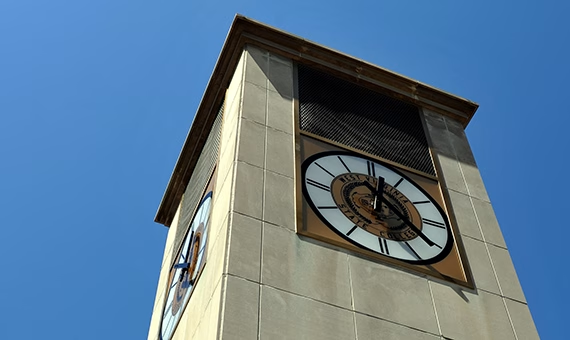Contact: Jack Bailey (304) 766-4109 jbaile19@wvstateu.edu INSTITUTE, W.Va. – West Virginia State University (WVSU) will receive grant funds totalling more than $894,000 from the United States Department of Agriculture’s (USDA) National Institute of Food and Agriculture (NIFA) for research projects addressing food security. The grants fund two proposed research projects that use genetic techniques to improve the health benefits of certain fruits and vegetables, while providing hands-on learning opportunities for 16 graduate and undergraduate students. “To receive this level of funding speaks volumes about the talented research and teaching faculty at State,” said Dr. Orlando F. McMeans, vice president for research and public service. “These projects directly address the food security needs identified by the USDA, with direct impact on both farmers and consumers here in West Virginia.” One project, entitled “Strengthening Vegetable Improvement Center with Genomic Selection Tools for Nutraceuticals and Fruit Quality,” funded for $597,406, seeks to maximize the nutritional value and health benefits of pepper and watermelon varieties. A second project, entitled “Harnessing Whole Genome Sequence of Pepper for Association Mapping of Novel Fruit Quality Phenotypes with Enhanced Phytonutrients,” focuses on plant DNA sequencing to breed higher-quality pepper crops. The project was funded for $296,942. WVSU is one of 19 institutions eligible to compete in the capacity building grants program, exclusive to the nation’s 1890 land-grant universities. Launched in 1990, the 1890 Institution Teaching and Research Capacity Building Grants Program strengthens the linkages among the 1890 institutions, other colleges and universities, USDA and private industry, while improving the quality of academic and research programs at the 1890 institutions. The program focuses on advancing cultural diversity in the scientific and professional workforce by attracting and educating more students from underrepresented groups. It is authorized by section 1417 (b)(4) of the National Agricultural Research, Extension and Teaching Policy Act of 1977. Follow on Facebook, Instagram and Twitter .

W.Va. State University Awarded $894,000 in Federal Research Grants Addressing Food Security
July 10, 2017